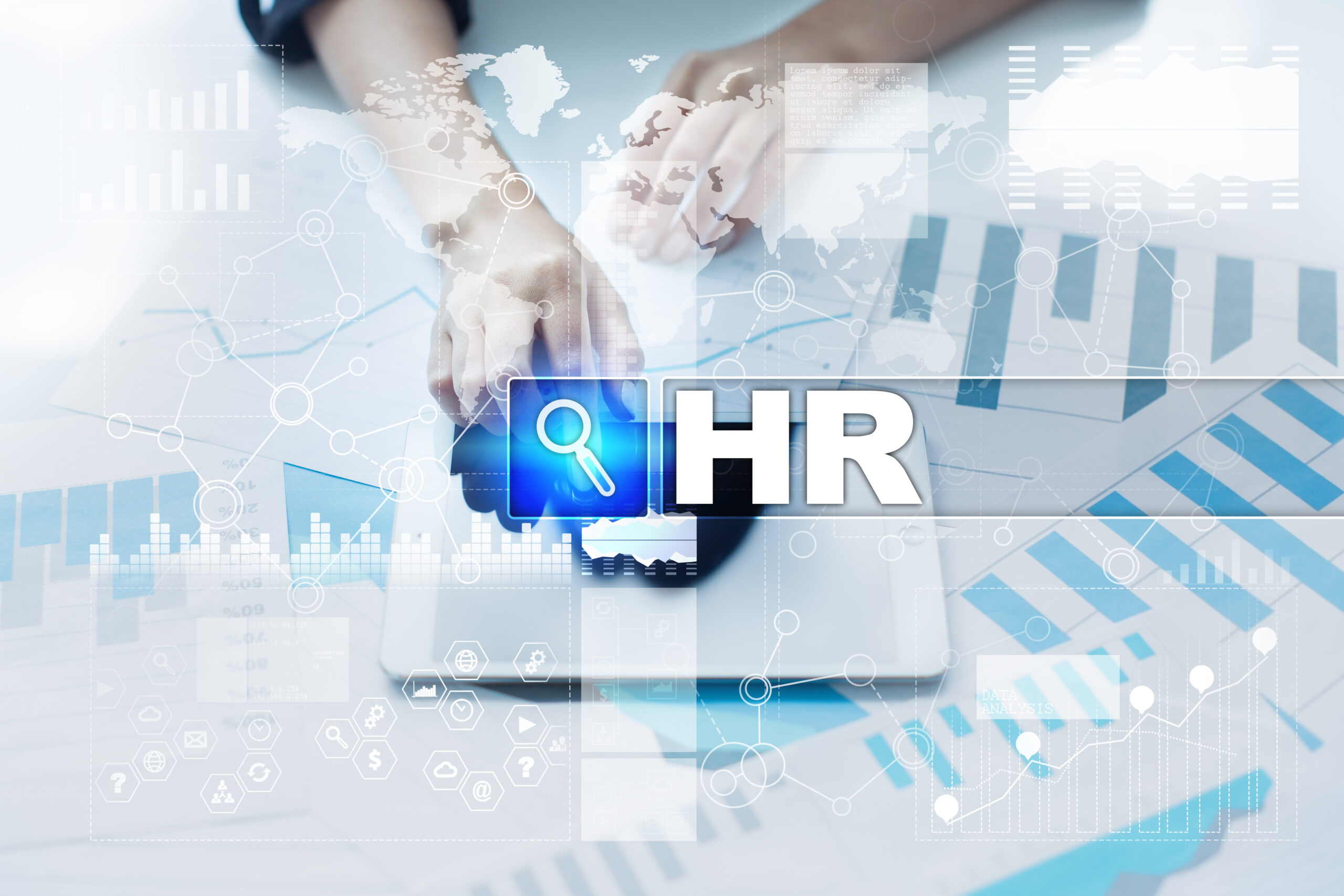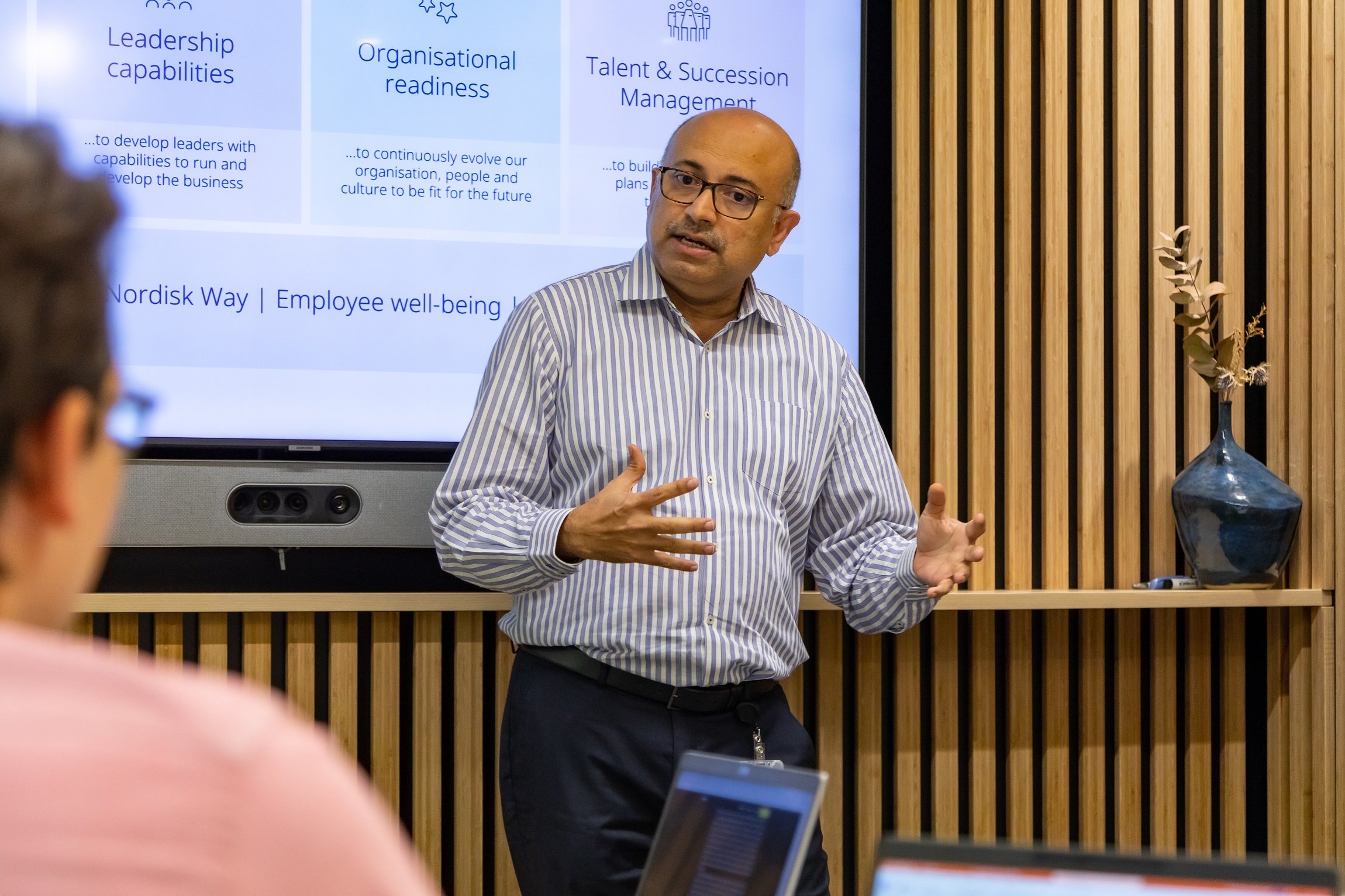Bloomberg’s 3-pillar strategy: You, Team & Community
- Shawn Liew

During times of crisis, having pillars of support in the workplace can go a long way towards maintaining happy and productive employees.
This rings especially true when you are managing thousands of diversified workers across 24 Asian markets, as Melanie Coate, Bloomberg’s APAC Head of HR, does.
She told HRM Asia, “Employee communications is critical and over the last two months, our strategy has centred on three pillars – You, Team & Community. With the intensity of the COVID-19 crisis, self-care has become imperative in our people support.”
“When people take care of themselves, they can then lead their teams and support the community more effectively.”
With the well-documented levels of stress experienced by the modern day worker, even before the outset of COVID-19, one of Bloomberg’s top people priorities has been to increase support and education around mental health.
What remote working, and the larger impact of COVID-19 have done, is to accelerate this process, Coate revealed.
Measures that Bloomberg have already implemented include, mental health education programmes led by Bloomberg leaders, remote resilience sessions with external psychologists to aid the transition to remote work, as well as future-focused return-to-office preparedness programmes for employees in the Mainland China, Taiwan and Hong Kong offices.
And while Coate was keen to highlight the importance of building engagement through offering employees flexible support, she also reminded HR leaders that a “one-size-fits-all” approach is simply not an option.
“From the onset, we have tailored our support to individual employees. We haven’t introduced a significant number of global HR ‘policies’ around flexibly as we understand, especially right now, that what one person needs may be different to the next.”
HR will continue to play a key role post COVID-19
The workforce is in a constant flux of change; COVID-19 has simply propelled the winds of change into a sweeping gale force.
“The acceleration of the HR industry towards a digital world is an obvious trend,” observed Coate. “Virtual recruitment, onboarding, learning and development will become the norm and HR professionals will need to quickly adapt and upskill themselves to operate and innovate in this virtual world.
“They need to find new ways to equip business leaders with a whole new set of people skills to motivate and engage employees.”
The next step, she added, is to make work more human as digital disruption increases. What leaders and their HR teams are doing, is to place an increasing focus on the mental health and well-being of their people.
But while this may develop resilience to cope with overwhelmed employees today, the real challenge lies in sustaining momentum for the long term.
“This means helping our people perform at their peak and navigate change today, tomorrow and five years from now. We don’t know what that change will be, but we can predict that it will get more complex and harder to navigate.”
Last but certainly not least, are you laying the right foundation for your people to perform at their best in this constantly and evolving landscape, asked Coate.
“To meet this need, there needs to be a shift in how we prepare and develop leaders. This requires something very different from traditional development programmes that tend to emphasise skills and behaviours.”
Or more precisely, a shift in mindset is required to navigate through complexity by building broader perspectives, exercising compassion, while maintaining focus and clarity, Coate offered.
“We are currently working on a pilot programme to support this mindset shift, and I’m really excited to see how this and other ideas we test make real, sustainable business impact in a rapidly changing world.”






